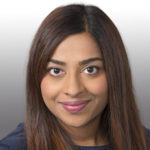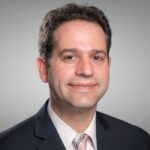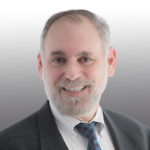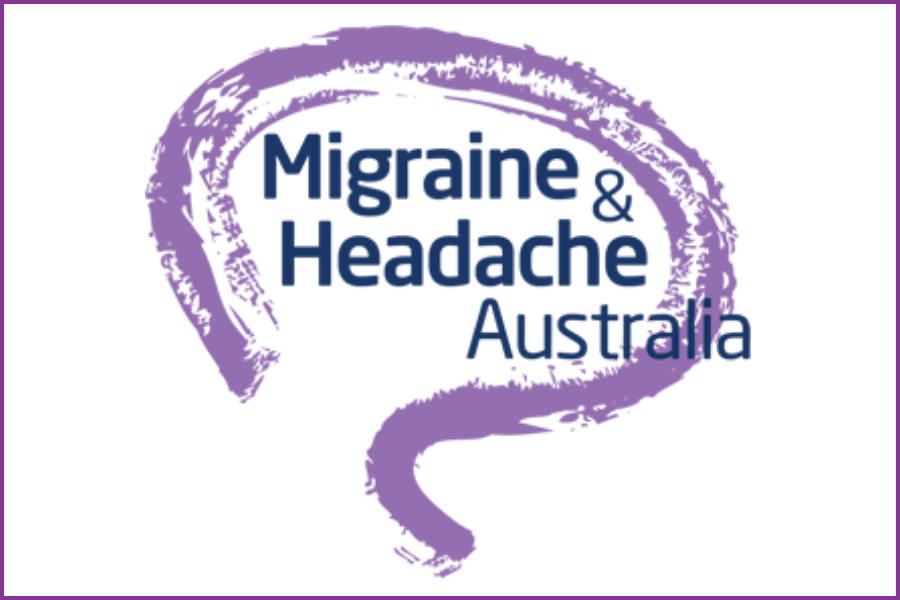Recovering From Trauma and Concussion
You are currently watching a preview of this interview. Unlock the full version by upgrading to an Access Pass bundle! Get FREE access to 8 expert interviews from Day 1 and Day 2 when you register today!
Key Questions
- How can migraine result from concussions?
- Is it possible for a person to have no personal or family history of migraine, get a concussion, and then develop migraine?
- Can imaging help with identifying concussion?
- Does having migraine increase the risk for concussion?
- What is your advice for someone who has sustained a concussion?
- What strategies should someone try to promote brain healing after a concussion?
- What is a post-traumatic headache (PTH)?
- What are the differences between persistent PTH and migraine?
- How does a diagnosis of migraine versus PTH change the treatment strategy?
- How can a person determine whether their condition is persistent PTH or true migraine triggered by physical trauma?
- Is it possible for a person to have no history of migraine, and still have a concussion trigger migraine, or would that always be PTH?
- In the last 5-10 years, our understanding of TBIs and potential treatments has grown significantly. We obviously still have a long way to go, but what would you say are a few of the most important findings?
Interview Notes
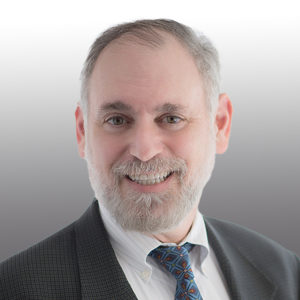
Morris Levin, MD
Neurologist & Director
UC San Francisco Headache Center
Dr. Levin is professor of neurology at the University of California, San Francisco, where he directs the UCSF Headache Center. Dr. Levin earned his undergraduate degree in biological sciences at Stanford University, and his M.D. degree at the Chicago Medical School. He is board certified in neurology, with special qualification in pain medicine (ABPN). Dr Levin is also board certified in headache medicine (UCNS). Dr. Levin has authored a number of medical journal articles and textbook chapters in the areas of headache and pain, including “Understanding Your Migraines” (Oxford University Press 2017), written primarily for patients and families. He is an active member of the American Headache Society, where he is on the board of directors, and the International Headache Society, where he is chair of the ethics committee. He is also a member of the Headache Cooperative of the Pacific (HCOP) board of directors. He is a fellow of the AAN, AHS, and ANA.
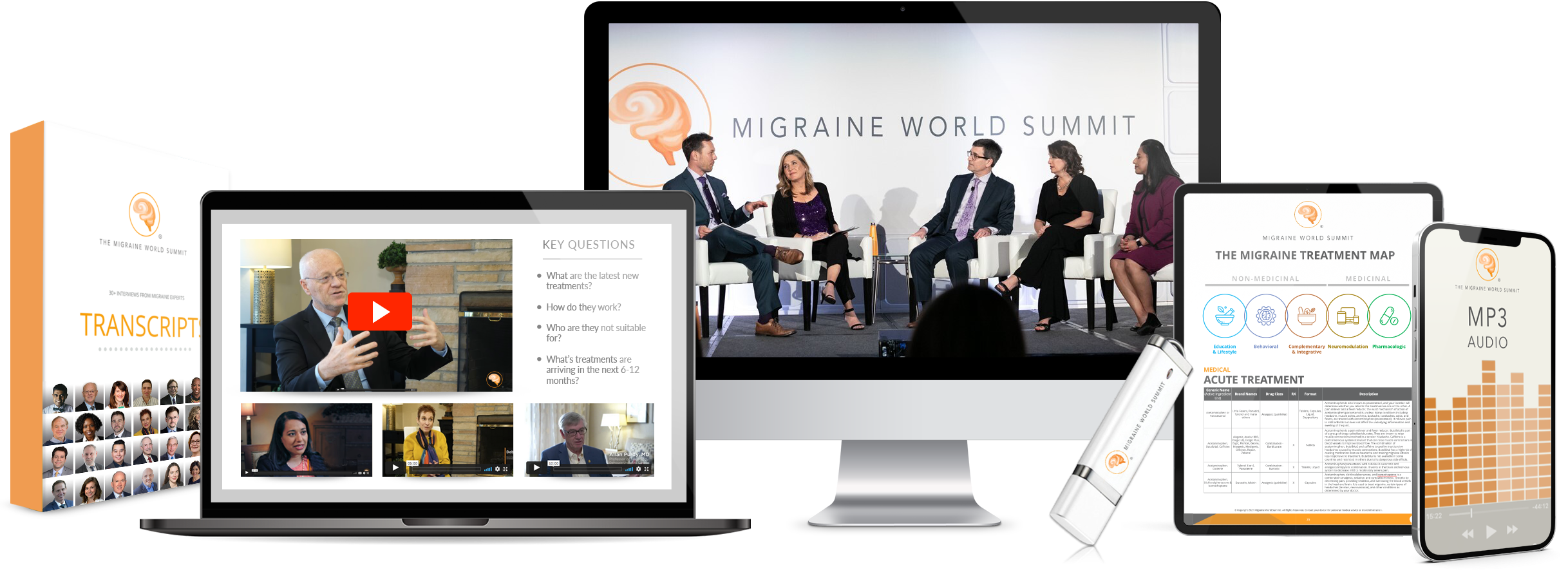
Get all the 2025 interviews, videos, audio, transcripts, and more. Why upgrade?
- Can’t attend live? Watch anytime
- Prefer reading or listening? Get transcripts and audio
- Want to dive deeper? Explore the additional footage & resources
- Need ongoing support? Reference expert advice year-round
- Lifetime access to 2025, no annual fee
Related Talks for: Day 4 (2021)
How An Integrative Approach Can Help Migraine
Deena Kuruvilla, MD, FAHS
Headache and Migraine in Later Life
Matthew Robbins, MD
Yoga for Migraine: Does It Help?
Adriane Dellorco
Migraine & Headache Australia is the only organization in Australia that aims to support the more than 5 million Australians affected by headache and migraine. Headache Australia is a division of the Brain Foundation.
About a billion people around the world are affected by migraine. Many suffer from severe headaches, and others endure debilitating pain, blurred vision, and other side-effects, some for as many as 15 days a month or more. Teva has been providing treatments for diseases of the central nervous system for over thirty years. We are working to bring innovative treatments to those suffering from migraine and headache, as well as bringing greater awareness of the impact these conditions can have on peoples’ lives.
Elizabeth joins the interviewing cast of the Summit in addition to her roles managing educational content for people with migraine.

